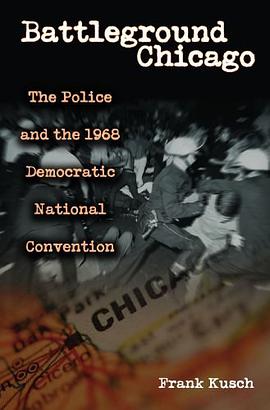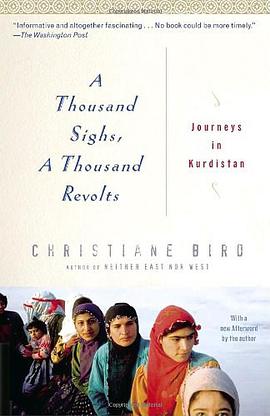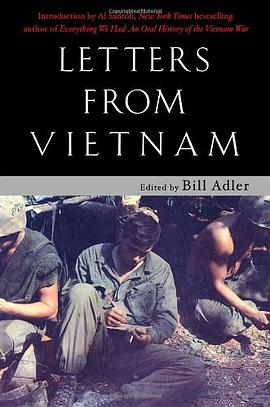

具體描述
Drawing on oral narratives and archival sources gathered in Berlin, this study explores how some 35 Berliners have woven personal memories, their city's divided past, and their nation's complex historical legacy into cohesive life narratives and collective identities. Redding argues that daily experience during the final years of World War II inadvertently prepared German youth for defeat and occupation. While postwar officials lamented youth's apparent apathy, young Berliners were in fact applying lessons in pragmatism and self-reliance learned as National Socialist society crumbled in 1944 and 1945. Although competing political forces strove to rapidly remobilize German youth, young Berliners took advantage of destabilized sociopolitical structures in their war-torn city to assert autonomy and pursue personal initiatives. Their retrospective narratives reveal creative efforts to claim for themselves the normal pleasures of modern youth in the midst of rubble. These accounts also demonstrate how Cold War ideologies and loyalties have informed memories of daily life in Allied occupied Berlin. In a broader sense, the study sheds new light on the collective experiences, memories, and self-perceptions of a generation of Germans who grew up in a world defined by World War II and Allied occupation, rebuilt their devastated society under Cold War parameters, and eventually negotiated the unification of the two successor states.
著者簡介
圖書目錄
讀後感
評分
評分
評分
評分
用戶評價
相關圖書
本站所有內容均為互聯網搜索引擎提供的公開搜索信息,本站不存儲任何數據與內容,任何內容與數據均與本站無關,如有需要請聯繫相關搜索引擎包括但不限於百度,google,bing,sogou 等
© 2025 book.quotespace.org All Rights Reserved. 小美書屋 版权所有




















